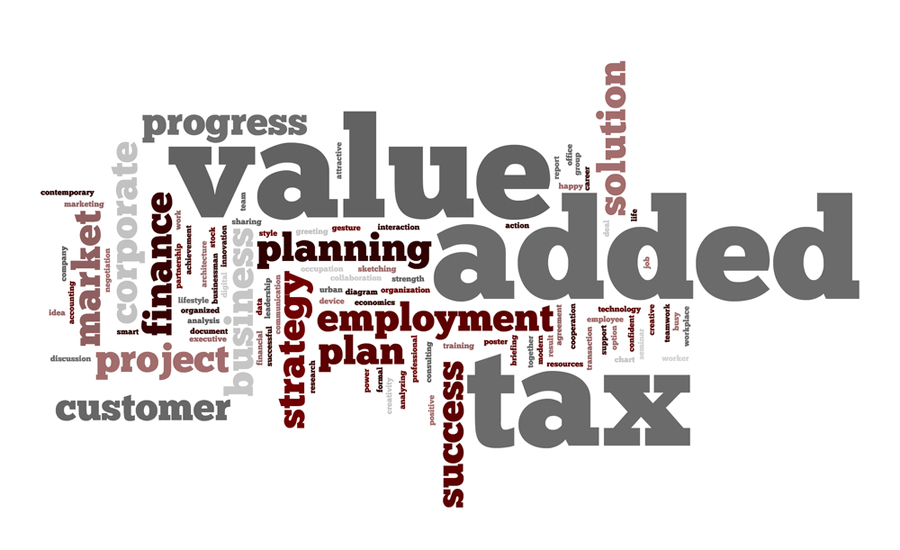

Business Reporter -
MUSCAT, MARCH 14 -
With Value Added Tax (VAT) set to be a reality in the GCC from January 1, 2018, local businesses have less than 10 months to prepare for VAT implementation and also ensure compliance with VAT laws in each GCC country in which they operate, according to EY, a leading provider of assurance, tax, transaction and advisory services.
In a report titled, ‘Preparation for GCC VAT by 1 January 2018 Requires Immediate Action’, the professional services firm drew attention to steps already initiated by some GCC countries towards the rollout of the new tax.
On January 30, 2017, the Shura Council in Saudi Arabia announced the approval of the GCC VAT Framework Agreement, the report said. Officials at the Saudi Arabian Ministry of Finance have indicated that the VAT regime will be applicable from January 1, 2018, and a 5 per cent levy will apply to goods and services as set forth in the GCC agreement.
Bahrain followed suit on February 1 2017 with its Minister of Finance signing the unified GCC VAT Framework Agreement, reaffirming the expectation that VAT will take effect from January 1, 2018, after completion of the due constitutional and legal process.
On February 12, 2017, the Ministry of Finance in the United Arab Emirates reaffirmed that the GCC governments were planning early simultaneous adoption of VAT with January 1, 2018 as the anticipated effective date.
“These official affirmations are in line with similar pronouncements made by government officials from other GCC Member States. The text of the GCC VAT Framework is expected to be made available shortly and is already being shared by some countries with business leaders in strategic economic sectors,” said EY in its report.
“The results of a recent survey of participants at EY webcasts on GCC VAT are concerning with 50 per cent of the businesses surveyed reporting that they have not started any preparations,” said EY. “Only 11 per cent of respondents reported that they have evaluated the changes that are needed to their financial, operational and information technology processes (enterprise resource planning (ERP) systems). Clearly, for many businesses in the GCC region the time to get started is now.”
Although communication about the timeline for VAT implementation and details of the Framework has been delayed, January 2018 is the stated target date and the underlying VAT principles are based on VAT regimes adopted in countries such as Singapore and Malaysia, and overlaid with European Union reverse charge principles to deal with intra-GCC trade.
Any further delays in issuing country specific VAT laws should not prevent companies from preparing for VAT in the GCC region, it stressed.
Companies need to address contractual, financial and technology considerations well in advance of VAT introduction. VAT implementation challenges include: Finance and administration issues such as: cash flow, VAT refunds, input tax recovery, tax payments and accounting periods, imported services; Information technology issues such as: system changes, system replacement, compliance, auditability, tax engines; Procurement issues such as: multiple transaction types, vendor registrations, preferential treatment; Business issues such as: business structure, efficiency, reputational risk, large number of stakeholders; Human resources issues such as: fringe benefits, communication, staff education and training, policy and procedures; Compliance issues such as: group registration, compliance, tax authority audits, quarterly VAT declarations; and Product offerings and marketing issues such as: pricing,
contracts, competitor distortion.
Oman Observer is now on the WhatsApp channel. Click here



